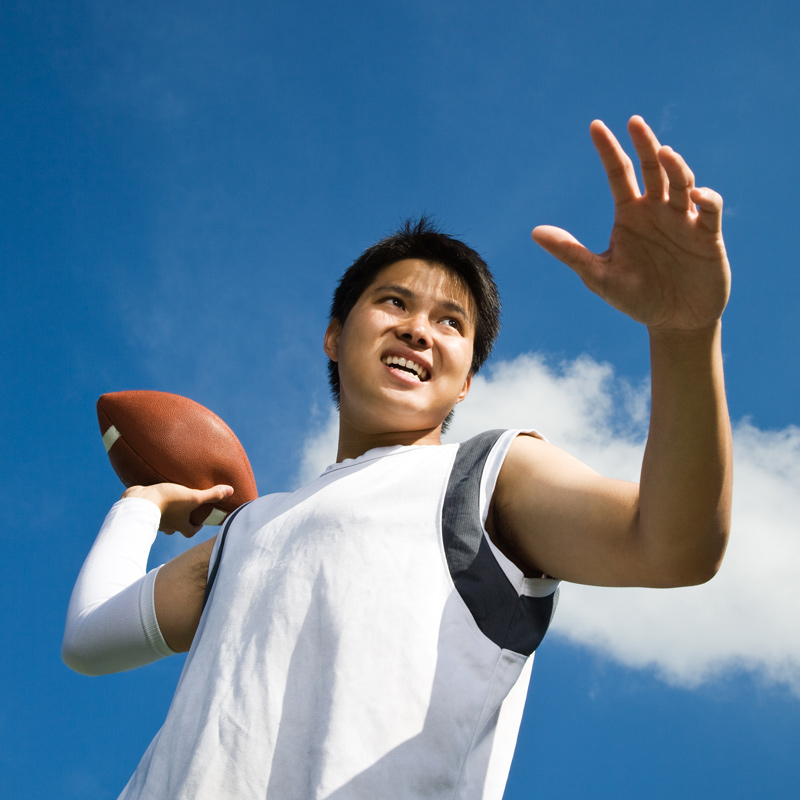As more children and teenagers compete in team sports, practice martial arts, or enjoy pastimes like skateboarding, the number of head injuries among American youth is larger than ever before. Concussions can refer to anything from mild to moderate traumatic brain injury that doesn’t cause permanent harm because of direct or indirect force to the brain.
Signs your child may have suffered from a concussion:
- Headache
- Dizziness or confusion
- Feeling sick
- Coordination or balance problems
- Blurred vision
- Speech problems
- Trouble thinking or remembering
- Changes in sleep or feeling sleepy
In most cases, symptoms happen immediately, but can show up hours or even days later. Treatment involves physical and cognitive rest. Rest is particularly important in the first 24 to 48 hours following injury, with gradual return to activity, first with light aerobic exercise and then full-contact play.
Immediate evaluation is critical if you believe your child has suffered a concussion. The Orthopedic Center at MemorialCare Miller Children’s & Women’s Hospital Long Beach has a care team of experts in sports medicine and concussion protocols.
When it comes to sports and exercise safety, it is important that your child wears the proper equipment.
- Helmets are key for most sports. Choose a helmet that is made for the sport your child plays, and make sure it fits snugly, but comfortably.
- Eye protection and face masks can be useful in many sports. If your child wears glasses, they may need prescription goggles, instead of wearing just their glasses on the court or field.
- Mouthguards protect your child’s mouth, teeth and tongue, and soften a head blow by absorbing some of the shock. Depending on the severity of the impact, mouthguards can protect the brain because they prevent the teeth from moving into the skull.
- Wrist, knee, and elbow guards also offer great protection.
- In certain contact sports, like hockey, padding is required.
If you are unsure of the type of equipment your child needs, be sure to talk to their coach. Also, the right fit is just as important as the right equipment. When purchasing sporting equipment, make sure you buy the right size and your child knows how to properly wear it.
Children are continuously growing, which makes them much different than adults. Physicians who primarily care for adults might not be able to adequately treat injuries in children and may even cause further damage, so it is important that they receive specialized pediatric orthopedic care. At Miller Children’s & Women’s, our orthopedic specialists have received additional training to meet the needs of growing children and teens.


